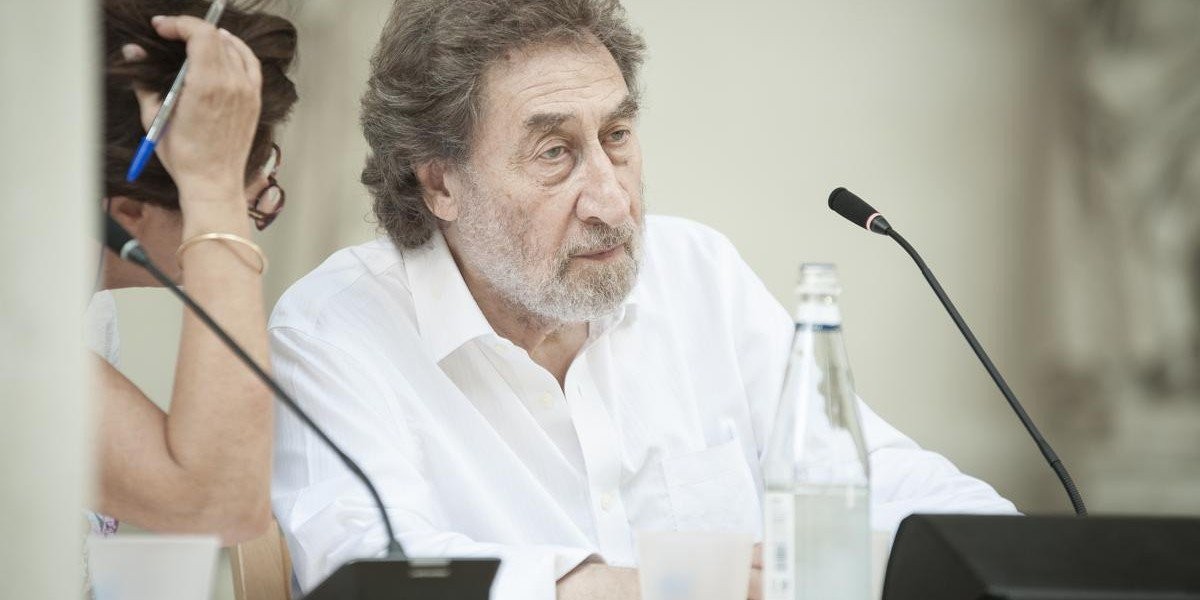
"In Shylock, Shakespeare did something wonderful. I want to inhabit Shylock."
Howard Jacobson's rewriting of The Merchant of Venice takes place in modern-day Britain, with Shylock as the father of a small and fragile family. As part of the year of celebrations commemorating 400 years since Shakespeare's death, Jacobson, winner of the Man Booker Prize with The Finkler Question, has taken on the Bard's troublesome "Jewish play": the result is a staggering, funny and often cruel portrait of the world in which we live, with the awkward and disturbing Jewish moneylender from Shakespeare's play representing the connecting link.
Like the protagonist from Samuel Coleridge's The Rime of the Ancient Mariner, for Shylock the dimension of time is one of an eternal present, the sentence of a story that repeats itself, a metaphor for the history and destiny of the Jewish people.
With his trademark irony, Jacobson's novel fits into the grand Pirandellian tradition with typically theatrical dialogue, and characters in search of the motives that lurk beneath the surface of events. A lifeline from the temptations of ideologues, irony is, in the words of Romain Gary, "is an affirmation of dignity, a declaration of man's superiority to all that befalls him." And if literary criticism continues to discuss the veracity of that "pound of flesh" that Shylock ask from Antonio to settle the debt, Jacobson underlines that the irony of the character is found precisely in this action: in placing himself halfway between reality and fiction, menace and farce.
(caricamento...)
That which differentiates Jacobson's novel from other modern theatre or cinema adaptations - many will remember the film version starring Al Pacino - is Shylock's constant dialogue with or on himself. A soliloquy that is not featured in Shakespeare's play, but one which forces the reader to stop, from time to time, in order to reconstruct the thread of the story. An action - stopping every 5 or 10 minutes while reading - which, according to the author, is what truly characterises "good books" from all others, engaging the reader in a critical reading.



